When a child’s doctor recommends that the child sees a pediatric neurologist, it is because they suspect a disorder of the nervous system. Specializing in all types of nervous system disorders, some of the more typical neurological disorders and diseases we diagnosis and treat are:
- Attention deficit, learning and processing disorders
- Autism spectrum disorders, PDD
- Developmental delays
- Epilepsy and Seizures
- Headache and migraine disorders
- Head and Spinal Cord Trauma
- Head shape or head size disorders
- Infections or inflammatory processes
- Motor impairments: cerebral palsy, ataxias, hypotonia, and hypertonia
- Movement disorders: Tourette syndrome, other tic disorders, chorea, dystonia
- Neuromuscular disorders
- Neurogenetic or hereditary disorders
- Prenatal/Neonatal Neurology
- Progressive neurologic disorders such as mitochondrial disorders, leukodystrophy
- Sleep disorders
Diagnosing Neurologic Conditions
If a child is suspected of having a neurologic disorder, the doctor will perform a physical exam and take a detailed medical history. In addition, a number of tests may be ordered. These can include:
Contact Us
7th Floor
Crosstown Center 617.414.4841
Monday-Friday - 8:00 AM - 5:00 PM
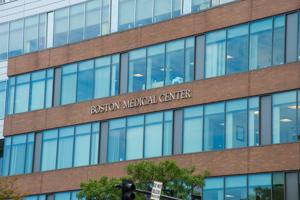
Specialty Clinics
Autism Program
Cerebral Palsy
Developmental Delay
The Traumatic Brain Injury and Spinal Cord Trauma Program
Pediatric Movement Disorders
Concussion Clinic for Children
Programs and Services
Pediatrics - Special Kids Special Help
Diagnostics and Tests
Our Team
Pediatric Neurologists
Laurie M Douglass, MD
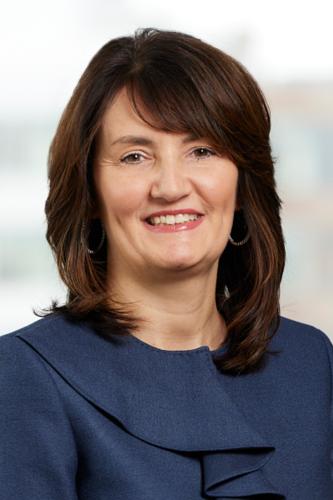
Jessica H Chao, MD
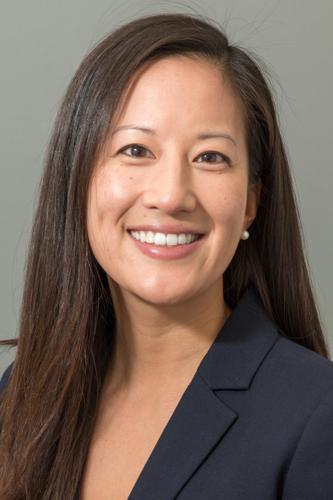
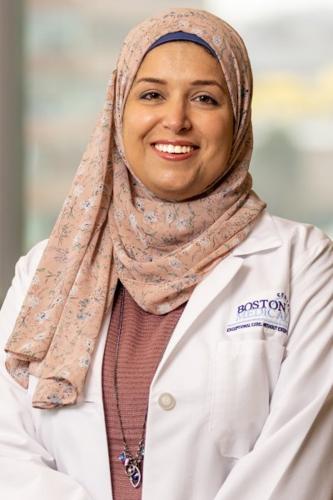
Rinat Jonas, MD

Karl C Kuban, MD
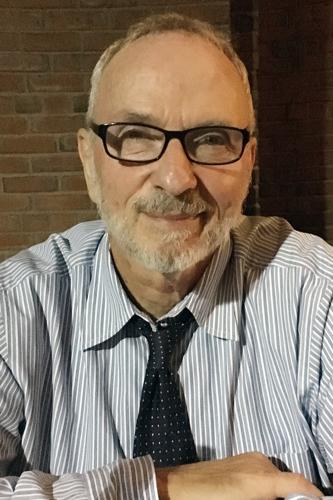
Patrick D Mabray, MD, PhD

Alcy R Torres, MD

Elizabeth Lowe, RN
Nurse and Care Coordinator: Outpatient Neurology and Epilepsy Programs
Research Overview
The Role of Research
The pediatric neurology faculty at Boston Medical Center is actively involved in basic science and clinical research. Division staff members have presented their work at meetings of the Child Neurology Society, the American Epilepsy Society, and the International Child Neurology Association, often in collaboration with pediatric neurology residents or medical students.
The following is a selected list of research activities currently underway involving Pediatric Neurology Division faculty:
- Extremely Low Gestational Age Newborns (ELGAN) study (NIH): molecular antecedents of brain damage (Kuban)
- Environmental influences on Child Health Outcomes (ECHO)/Extremely Low Gestational Age Newborns (ELGAN) study (Douglass, Kuban, Rana)
- Analyses about antecedent risks of CP and natural history of CP among ELGANs (Kuban)
- Validation of bedside method for estimating intracranial pressure in term and preterm infants (Kuban, Torres)
- Antecedent risks, clinical correlates, and natural history of congenital and acquired microcephaly among ELGANs (Kuban)
- Association of MRI-based brain volumetrics with neurological and behavioral outcomes in ELGANs
- The role of early exposure to inflammatory and neurotrophic proteins on changes in head size between birth and two years of age in ELGANs
- Evaluating the association of MRI-identified white matter tracts and connectomes with volumetrics at 15 years with neurological, cognitive, behavioral, and psychiatric outcomes in a large cohort of ELGANs (Kuban, Mabray)
- Evaluating the association of traumatic head injury with alterations in MRI-identified white matter tracts and connectomes (Mabray, Torres)
- Further clinical analyses in 406 cases of febrile seizures followed prospectively (Rosman)
- Epilepsy in children born extremely prematurely (Douglass, Kuban)
- Concussion Referrals in Pediatrics and Adolescents in the Urban Safety-Net Hospital (Torres)
- Concussion Referrals for Urban Safety Net Hospital (Katz, Torres)
- Impact of embedding a psychologist in a pediatric concussion program (Goldman, Torres)
- Assessing factors associated with persistent post-concussion symptoms (Torres)
- Multicenter description of Acute Flaccid Myelitis Patients treated with fluoxetine (Torres)
- Controlled evaluation of ADHD in children with idiopathic epilepsy (Douglass)
- Validation of a two step seizure screen in Spanish (Douglass, Torres, Jonas)
- Pharmacological clinical trials in childhood epilepsy: Levetiracetam (Keppra), Lamotrigine (Lamictal) (DeBassio, Douglass, Montouris)
- Causes and consequences of acquired microcephaly (Rosman)
Residency and Fellowship Information
Welcome to the Child Neurology Residency Program at Boston Medical Center! We are excited that you will be joining us in one of the most fulfilling and invigorating fields in medicine.
